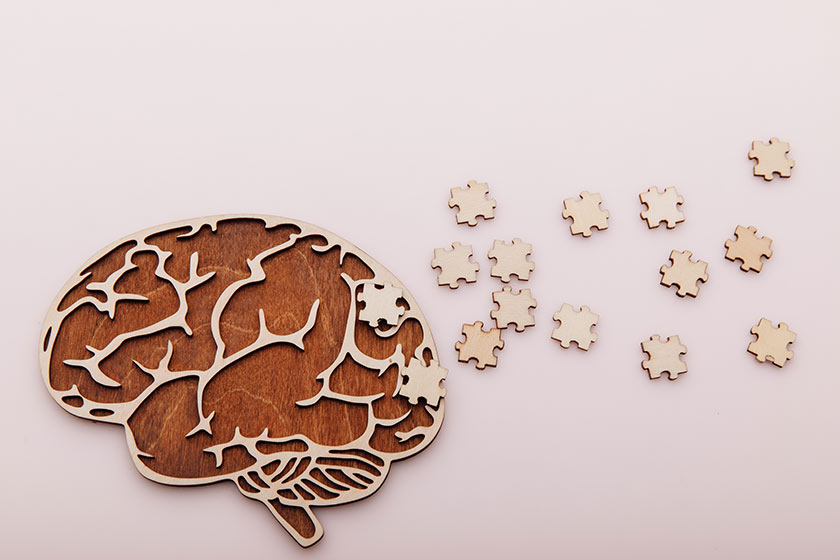Dementia, also known as memory loss, can be hard to understand if you have never been through it yourself. As the disease progresses, patients find themselves forgetting things more and more frequently, and at first, it can be hard to pinpoint what stage of memory loss they are experiencing. But by understanding each step, you can better help your loved one if they are suffering from memory loss or even if you are trying to help someone else who has lost their way in the world of dementia. Here are the seven stages of memory loss explained.
No Impairment
People with the no impairment stage generally have standard memory and cognitive skills. For example, they remember well how to do things that they need to do regularly (like making dinner or driving) and know who their family members are. However, like everyone else, they can experience memory lapses. If you ask them what they did last weekend and they’re not sure, that’s totally normal—everyone has off days!
Very Mild Cognitive Decline
When individuals enter a very mild cognitive decline stage, there are often no discernible signs or symptoms. However, many people will start to notice some changes in their own memory and cognition that may affect their quality of life. While these changes might not be severe enough to impede day-to-day life, they can be frustrating and discouraging when things like forgetfulness or a decline in concentration affect work performance or relationships with friends and family members. Although these changes are complex for both patients and loved ones, maintaining an awareness of what stage of memory loss you’re experiencing is essential to take appropriate steps toward remaining active.
Mild Cognitive Decline
Mild cognitive decline does not interfere with everyday tasks, such as working or driving, and it does not mean that you have Alzheimer’s disease or dementia. Instead, mild cognitive decline makes it harder for you to remember things than it was before. It can also make performing familiar tasks, such as reading and playing games, more complex.
Moderate Cognitive Decline
People with moderate cognitive decline can experience issues with long-term memory and vocabulary. This may mean they forget events or conversations that just happened and have trouble coming up with words when speaking. It’s also common for people with moderate cognitive decline to lose interest in daily activities, travel less or read fewer books, get lost in familiar driving routes and struggle to do everyday tasks that would generally be simple. In most cases, their ability to make good decisions remains intact. Moderate cognitive decline is often a natural part of aging, but it can sometimes signal a more severe condition such as Alzheimer’s disease.
Moderately Severe Cognitive Decline
People with moderately severe cognitive decline may have trouble remembering what they did five minutes ago, but they can still get out of bed and dress. They may also forget things like putting on their makeup or how to use a computer. People in this stage can often drive themselves to doctor appointments and go grocery shopping, although it might take some extra effort.
Severe Cognitive Decline
With the severe cognitive decline, memory problems become so severe that you may lose awareness of yourself and your surroundings. You’ll be confused all day long, so it’s important to have skilled memory care experts available who can remind you of your commitments. Losing awareness means you don’t recognize people or objects even when they are very close by; you may not know where you are or how to get home again; and perhaps most frighteningly, you may forget who is taking care of you. This stage is also characterized by word-finding problems (an inability to produce a word despite knowing what it is), making communication difficult.
Very Severe Cognitive Decline
The very severe stage of memory loss can be hard to talk about because people become severely dependent on others for day-to-day tasks, causing isolation and social withdrawal. This is a challenging time for patients and their loved ones alike, as many caregivers struggle to keep up with their responsibilities. The very severe cognitive decline stage is also challenging for patients because they may not have much insight into what’s happening—they just know that they don’t feel like themselves anymore.





